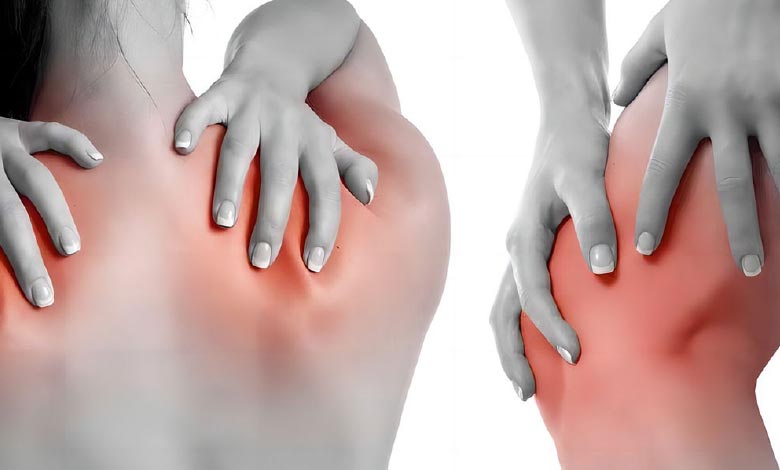Air-activated heat packs is very popular on current market, because it can help person to pain relief better, but there are certain situations when it is not recommended to use a heat pack. These include:
1. Acute Injuries: Heat should not be applied to fresh or acute injuries, such as sprains, strains, or bruises. Heat can increase blood flow and potentially worsen swelling or inflammation in the early stages of an injury. In these cases, it is generally recommended to use cold therapy (ice packs) instead.
2. Open Wounds or Infections: Heat should not be applied to open wounds or areas with active infections. Heat can increase blood flow and potentially delay the healing process or spread the infection.
3. Dermatitis or Skin Sensitivity: If you have sensitive or damaged skin, such as dermatitis, sunburn, or a rash, it is advisable to avoid using heat packs. Heat can further irritate the skin and potentially worsen the condition.
4. Numb or Insensitive Areas: Heat should not be used on areas of the body with reduced sensation or impaired circulation. These areas may not be able to properly regulate temperature, and heat application can lead to burns or tissue damage.
5. Certain Medical Conditions: Individuals with certain medical conditions, such as diabetes, peripheral neuropathy, or Raynaud’s disease, may have reduced sensation or impaired circulation. It is important to consult with a healthcare professional before using heat packs to ensure they are safe and appropriate for your specific condition.
6. During Sleep: It is generally not recommended to use heat packs while sleeping. Falling asleep with a heat pack can increase the risk of burns or overheating. It is best to remove the heat pack before going to bed.
Always consult with a healthcare professional if you are unsure whether using a heat pack is appropriate for your specific situation or condition. They can provide personalized advice and guidance based on your individual needs.



